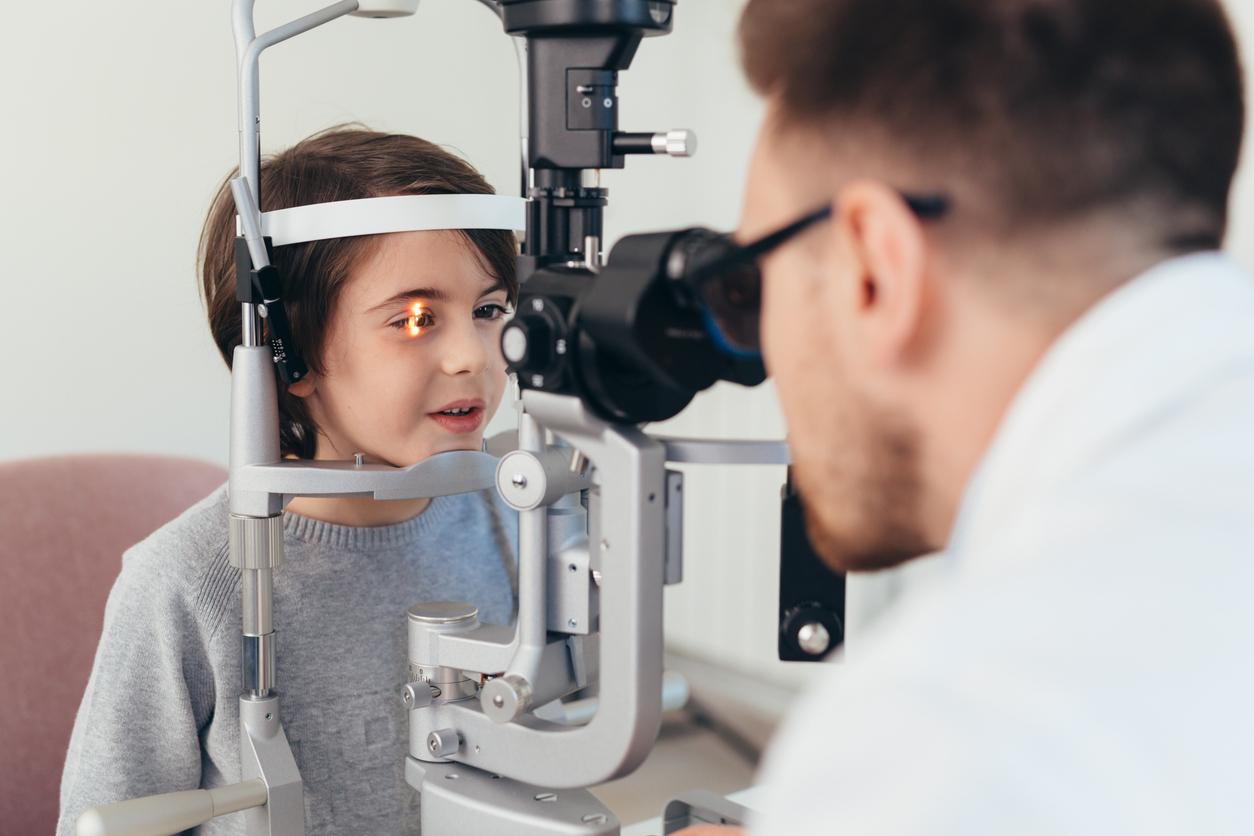A French study confirms the limited benefits of ultrasound in the third trimester of pregnancy in the general population without selecting women at risk.
.jpg)
Screening for fetal growth retardation during pregnancy is not effective in France. This is the conclusion reached by researchers from Inserm (National Institute of Health and Medical Research), the Grenoble University Hospital and the Port-Royal maternity hospital in Paris. They published a study in the BJOG: an International Journal of Obstetrics & Gynaecology, which covered a large sample of more than 14,000 infants, representative of births in France in 2010.
Frequent
Although not well understood, intrauterine fetal growth retardation (IUGR) is common. It affects more than 80,000 pregnancies in France each year. In most cases, this pathology is caused by a malfunction of the placenta, which leads to poor nutrition and oxygenation of the fetus. Certain maternal pathologies such as hypertension, as well as risk factors such as smoking, may also be involved. Finally, IUGR can be due to birth defects in the fetus itself.
This growth retardation can cause the death of the child in the womb or at birth, disabilities in particular neurological, as well as pathologies, in particular cardiovascular, in adulthood. The only solution that currently exists to deal with this pathology is to prematurely induce childbirth.
Different recommendations depending on the country
But we still need to be able to spot these growth delays. The estimated fetal weight is measured on ultrasound. And there, the recommendations vary from country to country. In France, as in Belgium and Germany, this ultrasound screening applies to all pregnant women in the third trimester. While in the UK, USA, Canada and New Zealand, this screening is only targeted to women with risk factors. This screening must be reliable because a low fetal weight is not necessarily pathological. Some naturally smaller fetuses may not necessarily have a health problem. The distinction is important because a premature birth should not be initiated if the fetus is not in pain.
Isabelle Monier, from Inserm, and her colleagues have shown that this screening in France is not efficient, while each woman benefits from a high number of ultrasounds during her pregnancy (five on average). According to the study, ultrasound only identified intrauterine growth retardation in 21.7% of affected fetuses.
More than 50% false positives
Conversely, the proportion of false positives was also high. Because half of the children for whom the ultrasound had suspected intrauterine growth retardation had in fact a normal weight at birth. An important result in that the suspicion of intrauterine growth retardation was associated with an increased risk of planned cesarean section before labor and induction of labor, regardless of the existence or not of low birth weight. birth.
These results “underline the need to reflect on the poor performance of screening for intrauterine growth retardation and also question the potential effects induced by screening in false positives,” the researchers conclude.
.

















